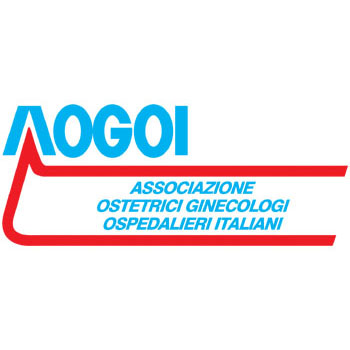by Valeria Confalonieri | Sep 18, 2020
Taking vitamin and mineral supplements in order to prevent cancer and cardiovascular disease is unnecessary and in some cases potentially dangerous. In fact, studies do not confirm protective effects for most of these supplements against tumors and cardiovascular...

by Valeria Confalonieri | May 27, 2020
The general rule “once a cesarean always cesarean” is not based on scientific evidence. Scientific societies suggest the admission to labour for pregnant women with a history of a previous CS if there are not contraindications and in the setting where emergency CS is...

by Valeria Confalonieri | May 27, 2020
Induction of labour implies the medicalization of a physiological event and can cause some adverse effects as prolonged latent phase of labour and increased blood loss. Therefore induction is indicated only when the pregnancy continuation may involve a real danger to...

by Valeria Confalonieri | May 27, 2020
Episiotomy was performed to avoid genital prolapse, urinary incontinence and perineal trauma. However recent studies have demonstrated that routine episiotomy involves several side effects like unpredictable extension of the surgical incision towards anus and rectum,...

by Valeria Confalonieri | May 27, 2020
Delayed cord clamping (2-3 minutes after birth) allows the blood passage from the placenta to the fetus to prevent anemia and to reinforce the iron stocks of the newborn, it also reduces the risk of necrotizing colitis. The delayed clamping is advantageous also for...






Recent Comments